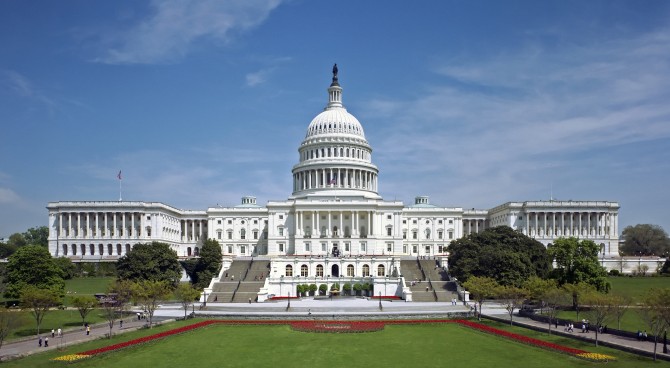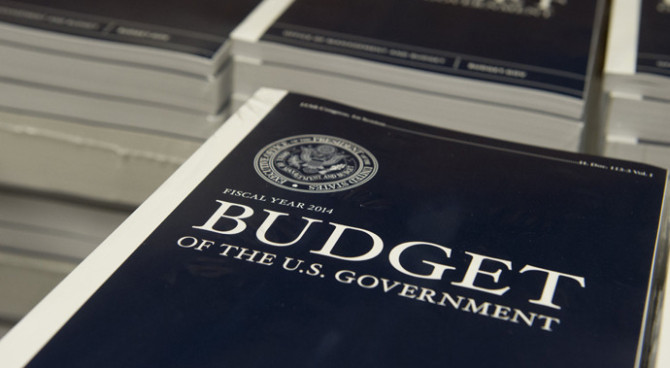Senators elected in 2008 made Obama’s agenda possible, and its results have harmed most Americans.
Since the Progressive Era a century ago, Democrats have dreamed of seizing the commanding heights of the financial system to expand government’s ability to influence the allocation of credit. The passage of Dodd-Frank in July 2010, also supported by every Democrat in the Senate, made that dream a reality.
In 1993, President Clinton had been unable to pass a comparatively modest $16 billion stimulus program. Democrats in 2009 passed a massive $787 billion stimulus program with every Democratic senator voting for it. And with the tacit support of Democratic senators who have blocked every bill, resolution or amendment that impeded any aspect of his regulatory agenda, President Obama has implemented the most massive expansion of federal regulatory authority since the Great Depression.
It is impossible for any Democratic senator running for re-election this year to credibly argue that he or she did not support the president’s program or provide a critical vote to enact it. No Democratic candidate can argue that by electing him or her and sustaining the Democratic majority in the Senate, voters can hope to alter the president’s program.
With his party’s Senate supermajority, President Obama achieved a series of historic political victories. But the question most voters will have to answer on Nov. 4 is whether this program has been good for working Americans. We think the answer is clear. As is well known, the Obama recovery is the weakest in postwar history. If the Obama recovery had been as strong as the average of the previous 10 postwar recoveries, 13.9 million more Americans would be working today and the average real per capita income of every man, woman and child in America would be $6,308 higher.
But the real scorecard on the Senate Democrats elected in 2008 is in the Census Bureau’s Current Population Survey data. While all Democrats claimed to be champions of the middle class and defenders of minorities and women, census data show how their program did not live up to their campaign promises.
Since the Senate Democratic Class of 2008 took control, the average real income of the poorest one-fifth of American families has declined every year, falling to $15,534 in 2012 from $16,962 in 2008 (the 2013 data will be released Sept. 16). The average real income of the lowest quintile of Americans is now below the level it was in 1968, the year when the War on Poverty began its spending surge.
The next-highest income quintile, often referred to as the working class, has also experienced a continuous decline in real income since January 2009. The average income of these Americans has fallen 6.5% and is now $1,182 lower than it was when President Reagan left office.
The third quintile—America’s middle class—has seen its average income decline to $62,464 from $65,672. More than half of this decline has occurred since the recovery officially began in the second quarter of 2009.
Losses for the typical household, as measured by real median income, have been especially heavy in the very states where 2008 Senate Democrats are up for re-election. In Alaska, household income in 2012 was 7.2% lower than it was at the end of 2008, falling back to its 1988 level. In Arkansas, household income has dropped 8.2%. Colorado households have 13.5% less income than they did before the Democratic Congress and President Obama transformed America. The same is true in Louisiana, where household income has fallen 7.9%. And in North Carolina, household income has declined 10.2%—falling to the lowest level in the 28 years the Census Bureau has provided state-by-state income data.
Census data also show the progressive program has failed women and minorities. Married women, unmarried women and women living alone all saw their incomes fall. Under the Obama administration, the median income of women has fallen more during the recovery than it did during the recession, an unprecedented economic failure in postwar America.
The real median income of African-American households has fallen by 9.5%, more than any other major census classification. Hispanic income has fallen, especially for middle-income Hispanic families, whose income has declined every year since 2008. According to the latest census data, the income of middle-class Hispanics is lower than when Jimmy Carter was president.
The Democratic Party’s great political victory in 2008 led to the realization of a progressive agenda in the making for a century. But that agenda resulted in economic failure for working Americans. It failed as it has always failed: Progressive policies buy votes but destroy prosperity. The Senate Democratic Class of 2008 and the entire Obama program are now endangered because their program has hurt the very people it was supposed to benefit.
Mr. Gramm, a former Republican senator from Texas, is a visiting scholar at the American Enterprise Institute. Mr. Solon is a former adviser to Senate Republican Leader Mitch McConnell.



